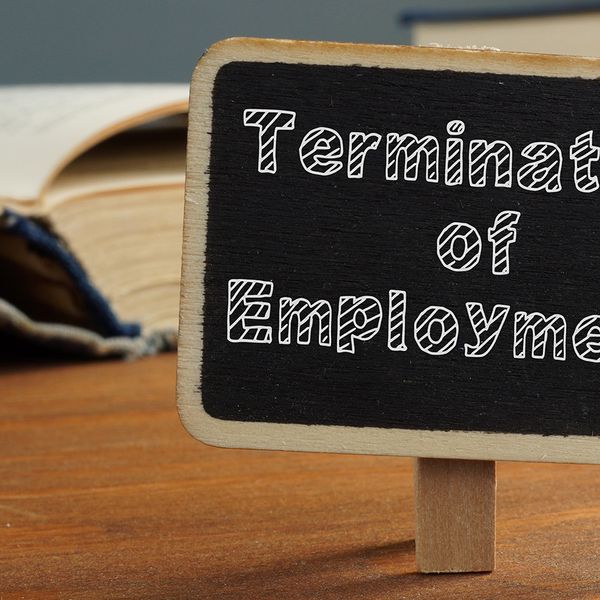What to do: Employee on FMLA leave resigns
Major changes often occur in people’s lives that have a ripple effect. If, for example, an employee takes leave under the federal Family and Medical Leave Act (FMLA) to have a baby, that event is momentous. The employee could decide to not return to work, and instead stay home to be a full-time parent — a substantial change.
Get it in writing
Under the FMLA, if an employee gives clear, unmistakable notice of the intent not to return to work after leave ends, the employer obligations under the FMLA cease. This means the employer doesn’t have to maintain health benefits (subject to COBRA requirements) or restore the employee to the job held before leave began.
Employees don’t have the right to continue to take FMLA leave or have other FMLA protections after they resign, but employers should wait to stop such protections until they accept and acknowledge such a decision.
These employer obligations continue, however, if the employee indicates they might be unable to return to work but expresses a continuing desire to do so.
Employers that receive information that an employee will not be returning to work should get written documentation confirming the employee’s intent and acknowledge whether the notice will be accepted.
Employees might not realize that such a decision could result in an end to their group health care coverage earlier than expected. They might think that the coverage would continue through the originally scheduled FMLA leave.
Periodic updates can help avoid surprises
Employers may require employees on FMLA leave to report periodically on their status and intent to return to work. The employer policy regarding such reports may not be discriminatory and must consider all relevant facts and circumstances related to an employee's leave situation.
Such updates, however, can help avoid surprises, like finding out that employees won’t be returning to work. Employees on FMLA leave after having a baby could, for example, provide such updates every couple of weeks. The updates can ask for information confirming when the employee is expected to return to work.
During such updates, employers can remind employees that they risk losing their group health care coverage instantaneously if they indicate they will not be returning to work.
Employers might not want to share such information to avoid risking an employee keeping secret their intent not to return to work until the end of the full FMLA leave period.
Employers may also require that employees give reasonable notice (i.e., within two business days) of the changed circumstances, where foreseeable.
Key to remember: If employees indicate that they will not return to work after FMLA leave, employers’ obligations to continue FMLA protections end, but employers should first accept and acknowledge such a decision in writing.























































